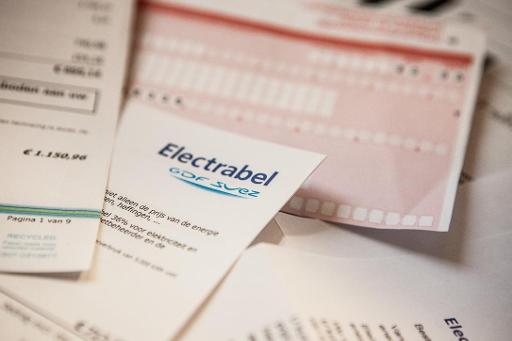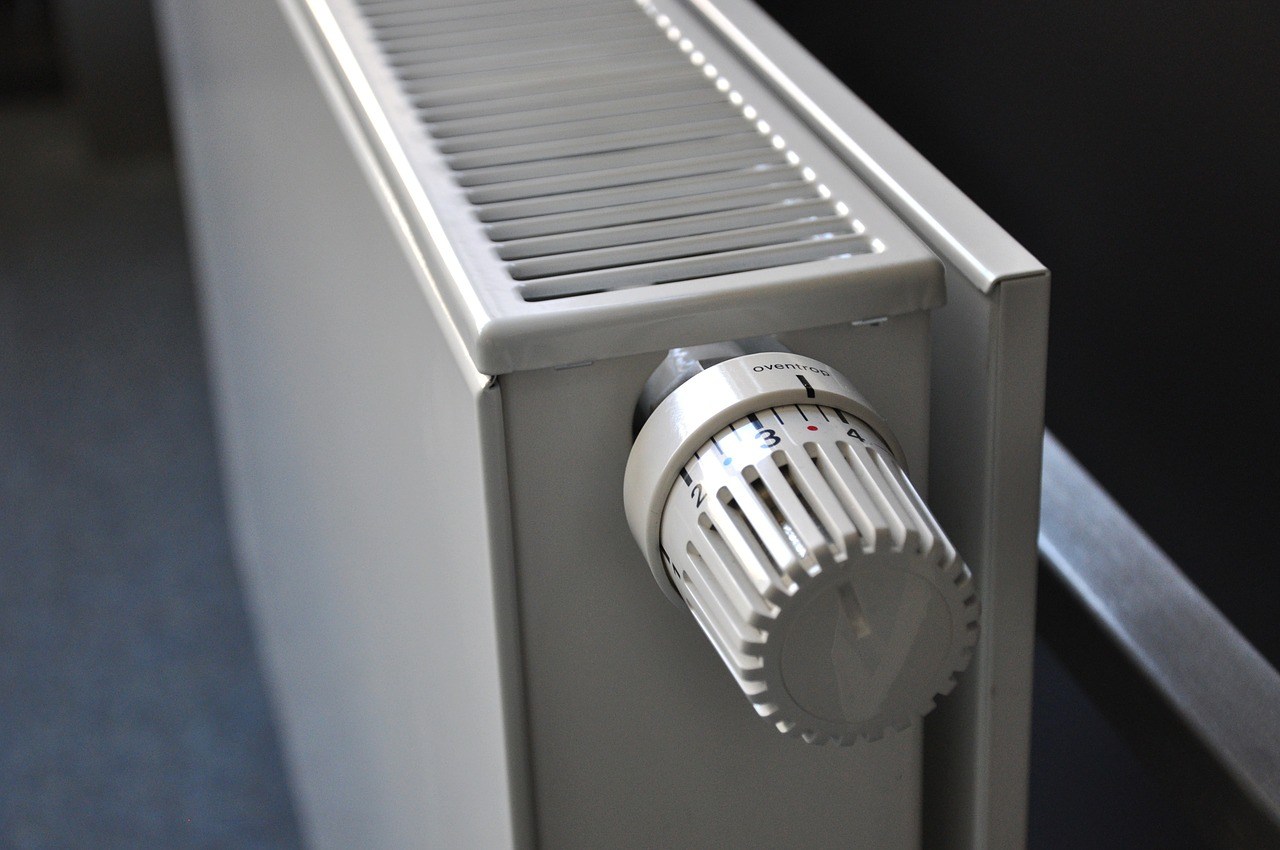Belgium’s energy crisis has seen prices for petrol, diesel, oil and gas climb to new heights, but not every household is equally affected by the rising prices.
Those who filled their oil tanks this summer, for example, were able to save more than €400 on the current rate.
“Those with fixed-price contracts for gas and electricity will hardly see the crisis,” said Stéphane Bocqué, spokesperson for Belgian Federation of Electricity and Gas Companies. Meanwhile, those who have a variable price contract or a contract to be renewed today will be hit by the extreme price increase.
Related News
- Government looks to use profits from energy providers to lower Belgians’ bills
- Warnings issued of energy suppliers excessively increasing advance payments
- Zero tolerance for price gouging in energy sector, Minister says
“We are almost certain that, despite the initiatives taken to help households in distress, some of them will have payment difficulties. There is a fear that unpaid bills will increase, which represents an existential threat for suppliers,” Bocqué said.
In response, the government has expanded eligibility for reduced tariffs and is working on legislation to lessen the household burden.
Low-income households will suffer most
According to the latest survey by the FPS Economy, based on 2020 data (at a time when prices were low), bills for fuel oil, gas, electricity and fuels represented 6.5% of total household expenditure.
For the top income quartile (the 25% of households earning the least), this item even accounts for 7.8% of the budget. A rise in prices, therefore, hurts low-income households proportionally more.
Energy costs are also higher in Wallonia (7.8% of the budget) than in Brussels (4.9%), with the biggest difference being in the 'fuel' budget.
Help for struggling households
The federal government is currently working on new measures to soften the blow of price increases on Belgian households. In the meantime, there are already several forms of assistance available, including the "social tariff" which has become more advantageous than ever. For natural gas, it is now more than four times lower than the standard rate.
One household in ten usually benefits from this tariff, which is reserved for people who receive the integration income from the Public Centres for Social Welfare (French: PCSW; Dutch: OCMW), the income guarantee for the elderly or a disabled person's allowance, among others.

Credit: Belga
Since the pandemic, this rate has been extended to all beneficiaries of the increased intervention (BIM), which adds about 500,000 households to the group. The measure has been extended to the end of March 2022 and is expected to be extended again. It currently benefits one in five households.
Not always automatically implemented
In theory, the supplier is automatically informed when one of its customers is eligible for this tariff, and the reduced tariff is charged without any administrative procedure.
“But in a couple, it may happen that the person with BIM status is not the one who holds the energy contract. In this case, the tariff change is not automatic, and you have to contact your mutual insurance company to obtain the tariff advantage,” explained Aurélie Ciuti, coordinator of Walloon Network for Sustainable Energy Access (RWADE).
The government has also decided to grant a rebate of €80 to all households on the social tariff, which will be paid shortly by the energy supplier (financed by the State), which is obliged to send each household concerned a credit note before 31 January 2022.
Extra funding for social welfare programmes
The federal government has also just reinjected €16 million into the Gas and Electricity Fund, which finances the Public Centres for Social Welfare.
“This fund is accessible to everyone, regardless of your status. If you have a problem paying your bills, you can ask for help from the PCSW in your municipality. The advisors are there to prevent families from falling into over-indebtedness,” said a spokesperson for the cabinet of Minister Karine Lalieux (PS).

Credit: pixabay
The support and the range of services offered vary according to the philosophy of each PCSW. It is also possible to apply through the PCSW for benefits from the Social Heating Fund, which — within pre-established criteria — offers a rebate of up to €210 on the filling of a fuel oil tank.
“Energie Info Wallonie and Infor GazElec in Brussels also have a telephone hotline to help consumers check the legality of their bill, to ensure that their consumption is correctly estimated,” said Ciuti. “The current period requires increased vigilance.”

